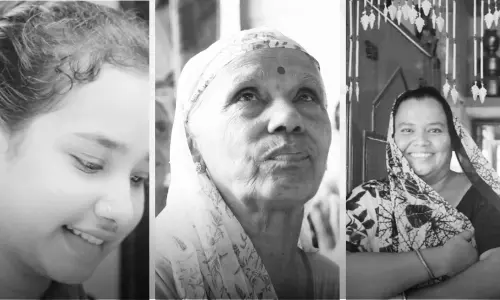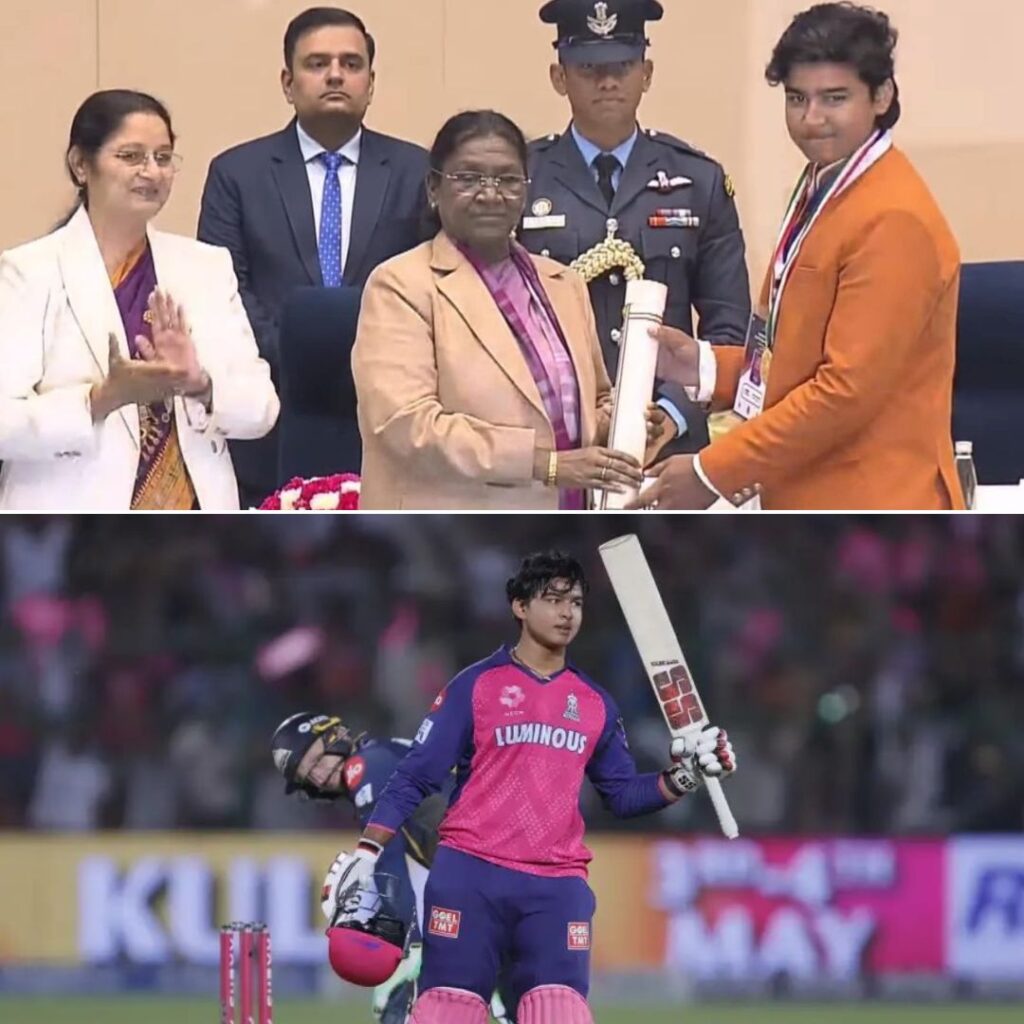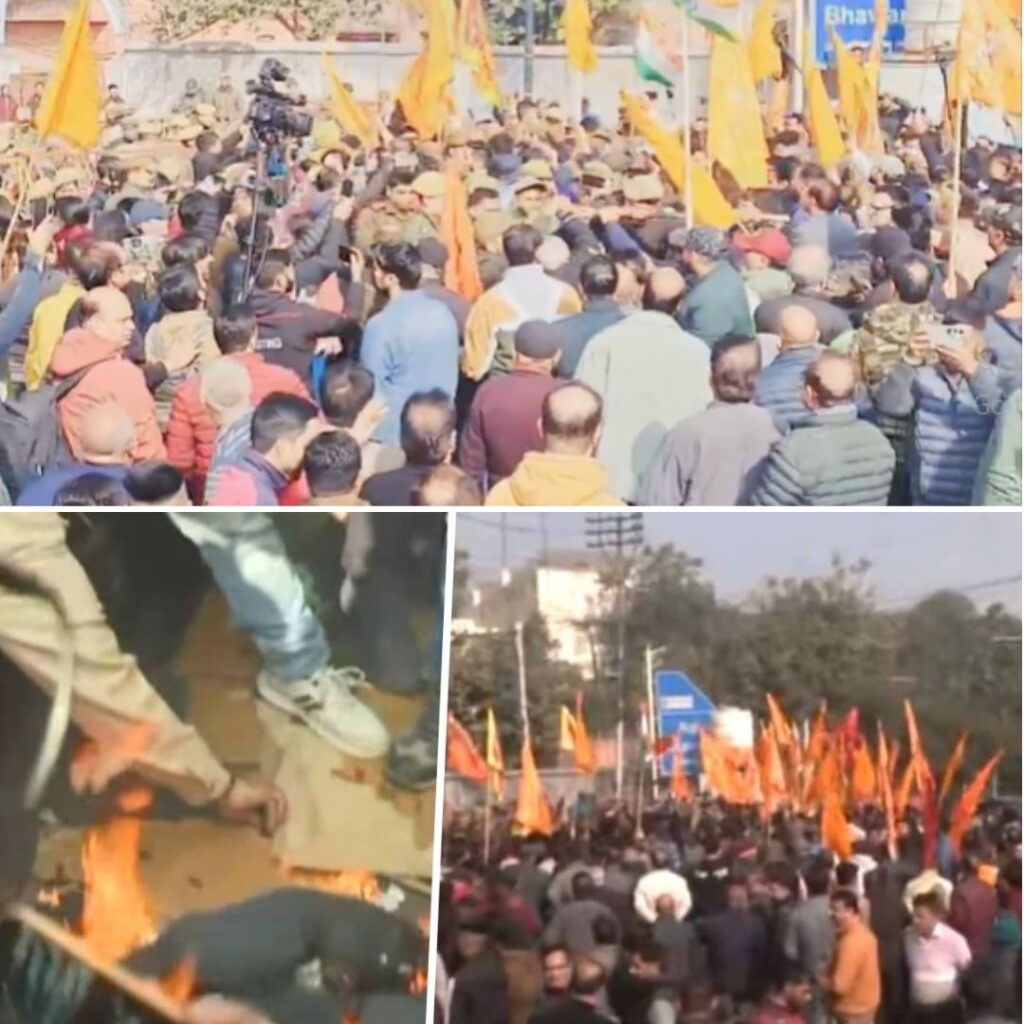In our rapidly
changing world, the significance of financial literacy cannot be overstated. In
recent years, the fintech sector has made remarkable strides in extending and
simplifying access to a wide range of financial services for consumers.
However, a significant gap remains in rural parts of India, especially among
women, who continue to face limited access to essential services like banking, credit,
insurance, and investment opportunities. Per the Reserve Bank of India, only 27.18% of adults across India meet
the minimum required levels of financial literacy.
In rural Indian
households, women frequently face exclusion from pivotal financial
decision-making processes. They often find themselves distanced from routine
household financial matters, primarily due to a lack of fundamental financial
knowledge, including activities like opening a bank account, budgeting, and
savings, amongst others.
In a concerted
effort to assess and recognise the significance of financial literacy in
advancing financial inclusion for women, Visa, in partnership with United Way
Mumbai, has been taking proactive measures aimed at imparting financial
literacy to numerous women across India. Together, they have also equipped
women in rural India with essential entrepreneurial development skills,
providing financial literacy to more than 8000 women and facilitating over 4000
financial linkages to date. These efforts have empowered women to bolster their
financial acumen, enabling them to plan their earnings better, actively
participate in crucial household financial decision-making, and building their
own businesses.
“Shankutala, a
36-year-old tailor from Chandrawa, is driven by her passion to make her
entrepreneurial aspirations a reality. Her journey was fraught with numerous
obstacles, but the ‘Empowering Women Entrepreneurs (EWE)‘ program by Visa and
United Way Mumbai played a pivotal role in facilitating her path to success.
Despite encountering initial resistance from her husband, Shankutala pursued
her passion. Her goal was to maximise her skills, but she lacked the means to
purchase a sewing machine aligned with her aspirations. Visa and United Way
Mumbai stepped in, providing her with the necessary resources such as a sewing
machine, financial literacy training, access to banking facilities, and many
more. With their support, Shankutala has now become financially independent and
is able to provide her children with the education they need.
In a parallel
narrative, Apurva, a 36-year-old owner of a beauty parlor in Chembur, Mumbai,
was facing challenges as she worked to sustain her business and achieve
financial independence. Before receiving valuable support from Visa and United
Way Mumbai, Apurva grappled with financial instability while passionately
striving to meet her family’s needs and expand her business. Today, she has
achieved financial autonomy, skillfully managing her family’s needs while
successfully growing her business, which now enjoys a thriving customer base.
Examining the
narratives of these women, it becomes clear that many of them endured
challenges of societal pressure, discrimination, and numerous obstacles in
their journey. Apurva faced criticism for her business pursuits, simultaneously
juggling the demands of entrepreneurship and shouldering expectations tied to
her gender-assigned household responsibilities. Likewise, Shankutala had no
support from her husband and handled the weight of domestic duties along with
her own ambitions.
However, through
unwavering determination, access to financial literacy, and a wealth of
knowledge, these women have emerged as empowered individuals on their journey
toward achieving financial independence. They have succeeded in growing their
businesses and have gained insights into prudent savings practices. Shankutala
has honed her skills in using digital wallets and her husband now recognises
and values her abilities. She is proficient in savings for emergencies through
various avenues, such as savings accounts, recurring deposit accounts, and time
deposit accounts. Reflecting on her journey, Shankutala says, “Through the use of financial resources, we
have gained a deeper understanding of how to plan, earn, spend, and save money
to reach our objective in advance. Therefore, having financial resources
enables us to handle unexpected financial challenges.”
Both Shankutala and
Apurva emphasise that Visa and UWM’s initiative has equipped them with the
knowledge necessary to streamline their business operations and access a wide
range of financial services. Armed with these newfound capabilities, they are
committed to sustaining their upward trajectory while actively advocating for
breaking down barriers and sharing the knowledge they once lacked.
Visa’s sustained efforts
are undeniably playing a pivotal role in providing women with the essential
resources required to establish their businesses, achieve financial
self-sufficiency, and actively participate in household financial matters.
Through their partnership with United Way Mumbai, Visa is not just nurturing
micro-entrepreneurs but ensuring the continued progress of financial inclusion,
eliminating any obstacles in the process.












